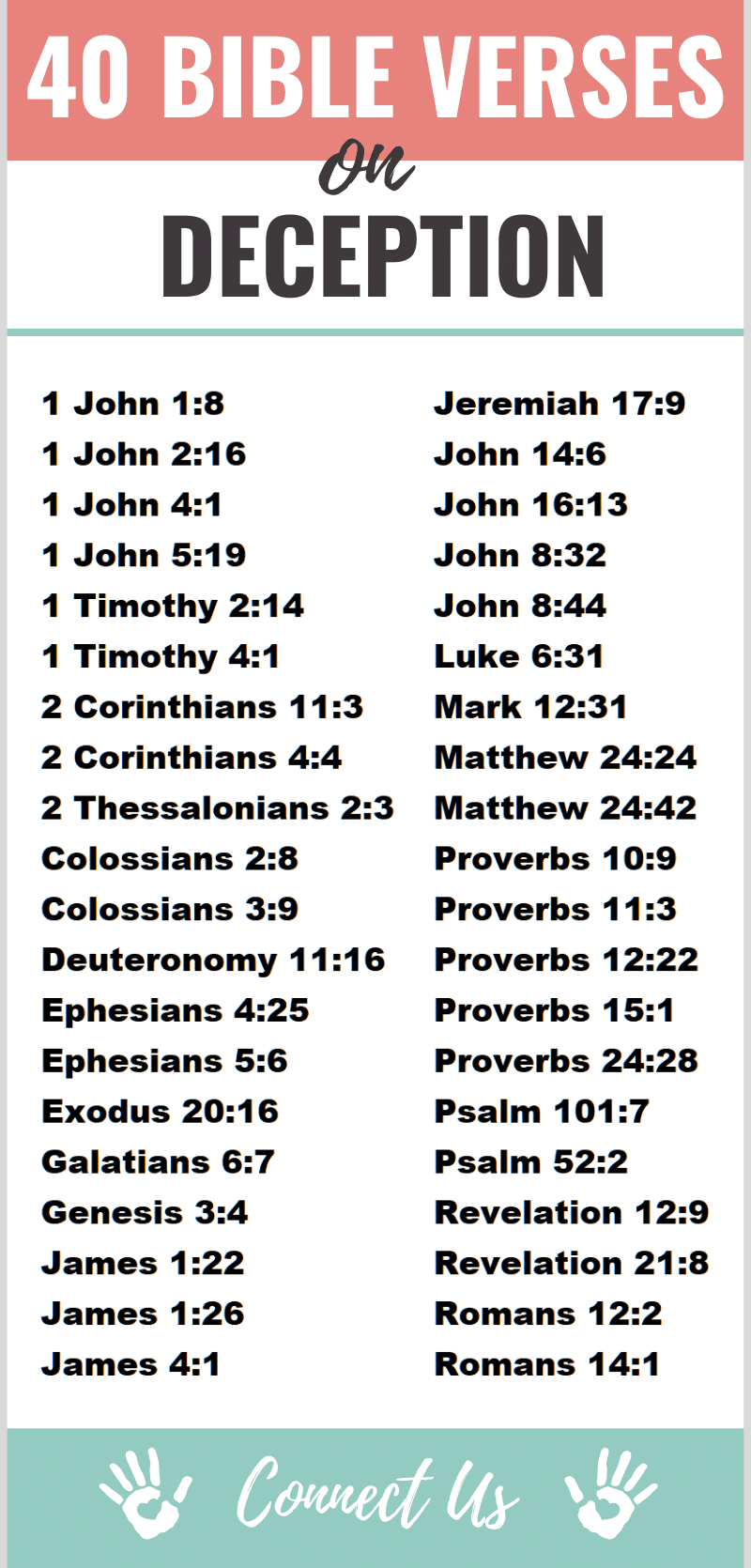What Does 2 John
Have to Teach Us about
Partnering with False Teachers?
Is it possible for us to
undermine
The gospel we preach
through
our ministry associations?
This last question seems to be a recurring one
in American evangelicalism.
It’s quite common for ostensibly
evangelical pastors, teachers, and authors to
share ministry platforms with those
who
preach a gospel
other than that
which
was “once for all delivered to the saints”
(Jude 3).
Many evangelicals find this pattern
of association to be dangerous, damaging, and confusing.
They argue that it’s not only
unwise to share public ministry platforms
with false teachers,
but that it is in fact sin.
Are these critics correct, or are they overreacting?
Thankfully, we don’t have to try and
use our own wisdom to try and untie this knot.
Scripture speaks
plainly and clearly
on the matter.
2 JOHN
Second John is a short letter, and it’s not at all complicated.
The children of God must strive to live out the
perfect harmony of love, truth, and obedience as they follow Jesus.
Those who love God and one another
will walk
(i.e. live in obedience)
in the truth
(v. 4, 6).
It seems that John set out to write to
the “elect lady” (v. 1)
because some teachers had come along
trying to lead the church
into a
brand of Christianity
that only required
obedience and love,
but
not truth
Specifically, it seems like these teachers were lying about Jesus
(v.7).
This leads John to warn his beloved children that their souls are in danger
(v.8).
When it comes to thinking well
about how
preachers and teachers of
God’s Word
can best steward
their public ministry platforms,
John’s letter
helps us in three ways.
It teaches us that
deceivers exist,
that
false teaching is a danger to our souls,
and
that we must not share public ministry platforms
with those who
preach a different gospel.
Let’s take them one at a time.
DECEPTION
John couldn’t be clearer: Deceivers are real.
“For many deceivers have gone out into the world.”
These deceivers go out into the world with a teaching that is not “of Christ.” This teaching is perilous in that it separates men from God (v. 9). John says that these “deceivers” are “antichrists” (v. 7). That is, they are anti-Christ: Jesus came to tell us the truth about God, man, sin, and salvation, but these teachers come to tell lies about God, man, sin, and salvation—and so their ministry of deception is completely antithetical to Jesus’ ministry of truth.
Jesus is “the way, the truth, and the life,” and no one can approach the Father but through him and his truth (John 8:32). It makes sense, then, that Satan would try to undermine the work of the gospel by sending out anti-apostles—deceivers—who go out and preach lies about who Jesus is and what he’s done to save his people. These deceivers are carrying out the Anti-Great Commission:
“All authority in heaven and on earth has been taken from our master, Satan. Go therefore and make disciples of all nations, baptizing them in sin and lying to them about the Jesus who came to save their souls.”
Do the deceivers know that they are deceivers? John doesn’t tell us. And it doesn’t really matter. What matters is that we know that deceivers are real, they have “gone out,” and they are leading people to hell by confessing a different Jesus.
CONFESSION
In the context of 2 John, the apostle is almost certainly addressing gnostic teachers who “do not confess the coming of Jesus in the flesh” (v. 7). Gnosticism may not be a prominent threat in your current context, but the spirit of the deceiver lives on in every teacher who lies about God by preaching a different Jesus (1 Cor 15:15). False gospels that preach fake Jesuses come in many different forms:
- The Prosperity Gospel Jesus, who just wants you to be happy, healthy, and wealthy.
- The Mormon Jesus, who is the half-brother of Satan.
- The Political Jesus, who supports every item on our political agenda and opposes everything on the other side of our partisan aisle.
- The Good Guy Jesus, who didn’t atone for our sins, but merely set a good example for the world to follow.
And the list could go on.
The church must remember that Jesus has revealed himself to us with abundant clarity. Over and over again. Throughout the entirety of his ministry. Jesus taught his own identity so clearly that the apostle John simply assumes that everyone reading or listening to his letter will know what the “the teaching of Christ” is. False teachers who confess a false Jesus are nothing new. But it seems like the church needs to reminded as often as possible that we can’t afford to get Jesus wrong. If we do, people will lose the only thing that matters, their souls (v.8–9).
PARTNERSHIP
In light of these realities, the apostle warns the members of his audience to guard their souls. “Watch yourselves, so that you may not lose what we have worked for, but may win a full reward.”
But he doesn’t stop there. John also warns the church in verse 10 not to receive any of these false teachers—not even to greet them—for to do so would be to incur the bloodguilt of their wicked ways: “If anyone comes to you and does not bring this teaching, do not receive him into your house or give him any greeting, for whoever greets him takes part in his wicked works.”
What John is warning against here is any kind of action that would lead the watching world to believe that we, as ambassadors of Christ and torchbearers of the true gospel, are on the same team as these deceivers. We must not allow any opportunity for the church or the world to be confused about the true gospel. If you publicly receive a false teacher, you may give watching eyes the false impression that the deceiver is not that dangerous after all.
What this means practically for those in ministry is that they should not, in any way, under any circumstance, lock arms with heretical teachers, pastors, authors, professors, or anyone in any capacity who comes to you bringing a different Jesus.
This includes:
- Conferences
- Prayer Breakfasts
- Bible Studies
- Pastors Coalitions
- Parachurch ministries
- Pulpit Swaps
- Book Recommendations
- Article sharing or website promoting
- And more
We must not align ourselves with false teachers and/or apostate churches (or any of their ministries) in any way that will confuse people about the truth of the gospel and the identity of Jesus.
Strict adherence to this principle will bring us into sharp conflict with those who don’t understand John’s logic. We will be called unloving. We will be charged with not upholding the unity of the church. We won’t be able to speak at certain conferences or partner with certain parachurch organizations. Let it be so, brothers and sisters. We must walk in the way of love. We must protect the flock. We must confess the true Jesus. We must not partake in wickedness. We must abide in the truth of our master.




 RSS Feed
RSS Feed
























































